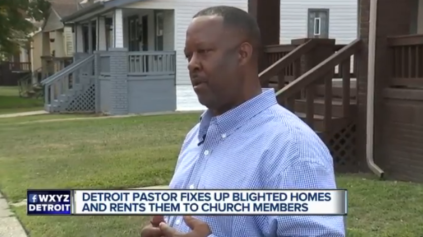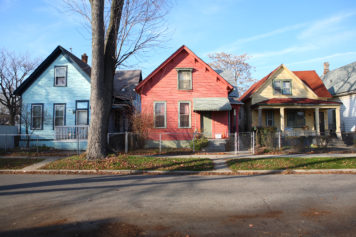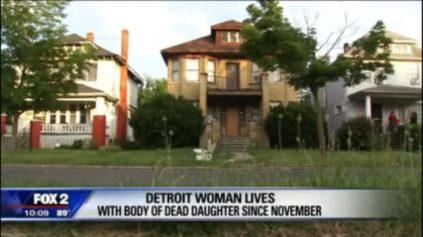It’s official. Detroit became the largest city in U.S. history to declare itself bankrupt today as a U.S. Bankruptcy Court Judge declared that it had met the legal criteria.
The question of whether the city would be able to use bankruptcy to crawl out from under an estimated $18 billion debt had been up in the air for months as the city and its creditors slogged through nasty accusations on both sides, lawsuits and an exhausting bankruptcy eligibility trial last month that lasted for nine days. During the trial, the bankruptcy judge, Steven Rhodes, gave unions and retiree groups the chance to make their case of why he should reject the city’s bankruptcy case.
Unfortunately for pension holders, Rhodes didn’t take their side.
“It is indeed a momentous day,” Rhodes said at the end of a 90-minute summary of his 140-page ruling, which was officially released in its entirety today. “We have here a judicial finding that this once-proud city cannot pay its debts. At the same time, it has an opportunity for a fresh start. I hope that everybody associated with the city will recognize that opportunity.”
Rhodes surprised and troubled many insiders by ruling that he will allow pension cuts in Detroit’s bankruptcy, but he said he wouldn’t agree to pension cuts in the city’s final reorganization plan unless the entire plan is fair and equitable.
“The court finds that Detroit was and is insolvent,” Rhodes said. “The court finds that the city was generally not paying its debts as they became due.”
He scolded the city for waiting too long to go through with it.
Bankruptcy was a “foregone conclusion for a very long time,” he said. “Cities often wait longer to file for bankruptcy than they should have, and the city of Detroit was no exception.”
In response to Rhodes’ ruling, Detroit Emergency Manager Kevyn Orr said his team plans to submit the plan of adjustment “in the coming weeks,” to file a disclosure statement early next year and to work to exit Chapter 9 protection by the end of next September.
“Time is of the essence, and we will continue to move forward as quickly and efficiently as possible,” Orr said in a statement. “We hope all parties will work together to help us develop a realistic restructuring plan that improves the financial condition of Detroit and the lives of its 700,000 citizens.”
As for pension cuts, Orr said after the ruling, “We’re trying to be very thoughtful, measured and humane,” but cuts are necessary.
“I hope it plays out when a plan is proposed,” he said of expected pension cuts.
John Pottow, a University of Michigan bankruptcy law professor, told USA Today that Rhodes seemed to be urging the city to reach a consensual resolution with its creditors.
“Bottom line: He’s pushing negotiation,” Pottow said in e-mail.
“The city has to step up now and negotiate more reasonable and more fairly,” said Lynn Brimer, a lawyer for the Detroit Retired Police Members Association.
With an estimated 1 in 3 residents living in poverty, Detroit is the poorest large city in America.
After the ruling, Mayor Dave Bing sounded optimistic, saying bankruptcy will be beneficial in the long run.
“There’s going to be a lot of pain for a lot of different people,” he said. “But in the long run, the future will be bright.”



